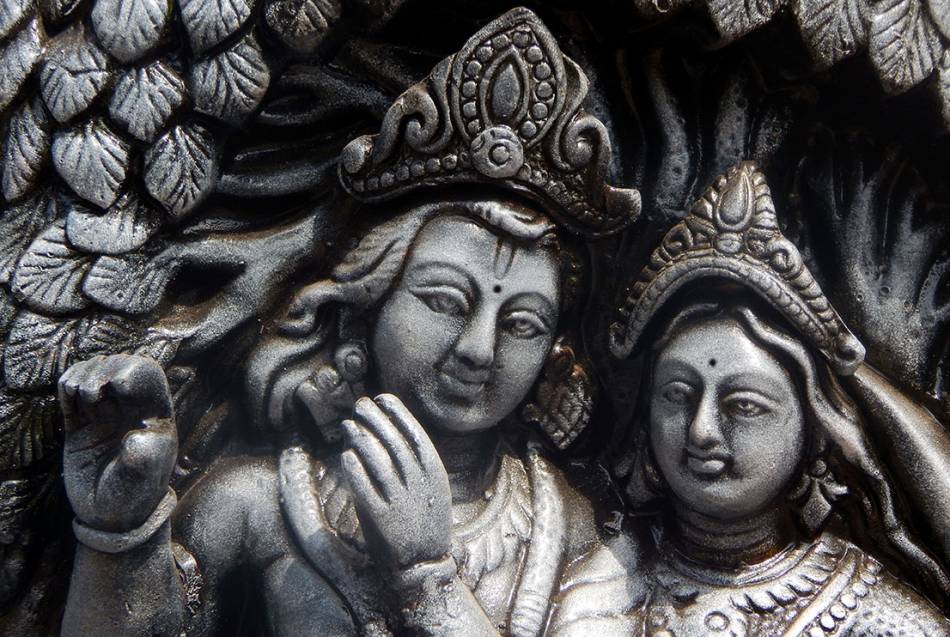Perhaps you think of idols as objects of wood, stone, or metal worshiped by ancient civilizations or primitive peoples. That perception is accurate, but from the Bible’s point of view, idolatry fundamentally involves allowing anything or anyone to stand in the place of God.
The ancient Babylonians fashioned many idols for both public and private worship (Isaiah 46:6-7). But the Lord ridiculed this practice, for the gods of Babylon were impotent: they had to be hand-carried, as they were unable to move on their own, they were mute, and they were powerless.
Yet as we read the Lord’s rebuke in Isaiah, it is worth considering the extent to which people practice forms of idolatry today. For example, modern society has come to rely so heavily on technology and government to solve its problems that many people no longer feel a need for God. They seem to place as much faith in human ingenuity as the ancients placed in their carved images.
Likewise, certain psychotherapies practically do away with any need for the God of the Scriptures. Instead, they rely on their own principles and methods to deal with guilt and sin, and to make people healthy and whole. They hold out the promise that people can become all that they were meant to be apart from God.
A third form of modern idolatry is actually a relic of ancient idolatry. Many people today dabble in occult practices using physical objects such as Ouija boards, Tarot cards, and crystals to tell fortunes and receive supernatural messages. Likewise, horoscopes are as popular as ever, and those who promote them even boast in the fact that astrology, on which horoscopes are based, was heavily practiced in ancient Babylon.
Forms of idolatry such as these may be more sophisticated than the shrines set up by the ancient pagans, but they are idolatry just the same. They have been made to stand in the place of God.





